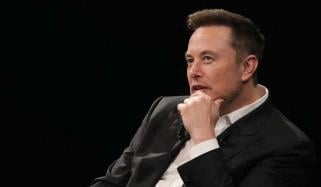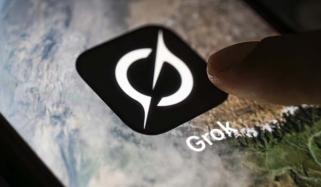Billionaire Jared Isaacman opens up about his experience of the first-ever commercial spacewalk in human history, the Polaris Dawn mission.
After multiple delays, the SpaceX historic mission was launched on September 10, and the spacecraft reached a maximum altitude of 870 miles (1,400.7 kilometers) than any crewed Earth-orbiting spacecraft in the world.
The four-person civilian crew, including Scott "Kidd" Poteet, Sarah Gillis, Anna Menon, and the commander of the mission, Issacman, performed the first non-government spacewalk on Thursday, September 12.
The SpaceX Crew Dragon capsule, after successfully completing the mission, safely landed back on Earth on Sunday, September 15.
The billionaire, after landing back on Earth, wrote a long post on X (formerly Twitter) to share his experience of the historic spacewalk.
The founder of payment company Shift4 said, “We took our spaceship farther than any human has gone since the last Apollo mission over 50 years ago, and along the way, two of our crewmates became the women who have journeyed farthest from this planet. Now, if we have been there before, why is it significant? The better question might be, Why haven’t we gone back?”
He further added, “It’s not easy to travel that far into space. It requires immense energy to send a human-rated spaceship to such a height, and if a rapid deorbit is required, dissipating that energy is not easy. The environment is harsh, with increased radiation, more micrometeoroid debris, and no nearby safe havens in case of trouble.”
The 41-year-old asserted that they went into space to “study the radiation environment, gather data on its impact on systems and human health, and to explore areas we know less about, where we can learn new problem-solving methods that will help in future missions.”
Isaacman at the end expressed gratitude to all the people who were involved in the mission, including Elon Musk, SpaceX, the Polaris Program team, NASA, weather teams, and all the researchers and supporters.















